A personality disorder is a mental health condition involving long-term, inflexible patterns of thinking, feeling, and behaving that differ significantly from cultural expectations. These patterns affect how a person relates to others, manages emotions, and perceives themselves.
Individuals with personality disorders often struggle in relationships, work, and daily functioning. Common types include borderline, narcissistic, antisocial, and avoidant personality disorders, each with distinct symptoms and challenges.
Personality disorders often stem from deeply rooted beliefs and limited self-awareness, which means those who have these disorders don’t see a need or a desire for change and therefore are hard to treat. Many people with these disorders often blame others or themselves excessively and have trouble forming healthy interpersonal connections.
Research from the National Institute of Health estimates that around 24 million Americans live with a personality disorder. Many have a history of trauma, emotional neglect, or dysfunctional family environments, which can contribute to the development and persistence of these conditions.
While each personality disorder has its own diagnostic criteria, the Diagnostic and Statistical Manual of Mental Disorders (DSM) states that all personality disorders share the following fundamental symptom areas:
Personality disorders are grouped into three clusters or groups based on similar patterns of behavior and emotional responses. Each cluster reflects distinct traits that influence how a person relates to others and copes with the world around them.
Below is a brief overview of the three personality disorder clusters and the specific disorders that fall within each category.
Cluster A is considered the odd and eccentric cluster with characteristics that include social awkwardness, withdrawal, or general avoidance of social settings. These personality disorders include
Cluster B personality disorders include traits that can be characterized as dramatic, overly emotional, or erratic. This often involves unstable moods, poor impulse control, and difficulty in relationships. These personality disorders include:
Cluster C personality disorders include traits of being anxious and fearful. These individuals often fear criticism, rejection, or rely heavily on others for decision making. They can also be obsessed with order and perfection. These personality disorders include:
At Clarity Clinic, our experienced personality disorder psychiatrists and clinicians guide you through a comprehensive testing and treatment process that is tailored to your unique needs. We combine empathetic support with a range of evidence-based interventions to help you achieve lasting stability.
Our treatment plan is built on a foundation of proven therapeutic approaches, which often includes a combination of the following services:
You will work with highly trained therapists who specialize in personality disorders, fostering a strong therapeutic alliance in a safe environment. Key modalities we utilize include:
Beyond individual therapy, we offer support services that engage your social circle and facilitate healing within a community context.
While there is no medication specifically approved to treat personality disorders themselves, medications can be prescribed to manage co-occurring symptoms such as depression, anxiety, mood swings, or impulsivity.
You deserve clarity, confidence, and lasting stability. At Clarity Clinic, our experienced personality disorder psychiatrists in Chicago provide accurate diagnoses and evidence-based treatment tailored to your individual needs.
Our mental health clinics offer specialized expertise and compassionate care to help you better understand your symptoms and build healthier relationships. Don’t face these challenges alone — we’re here to guide you every step of the way.
Call (312) 815-9660 or use our simple online booking tool to schedule your virtual or in-person consultation with a trusted psychiatrist near you.
Find a Personality Disorder Specialist





















































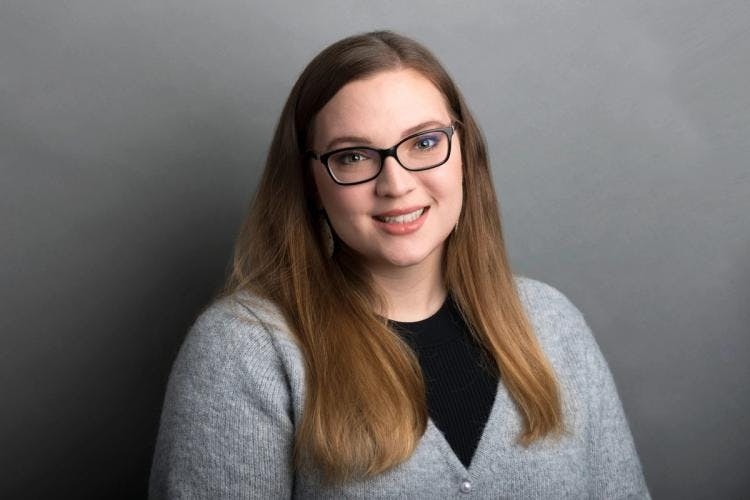
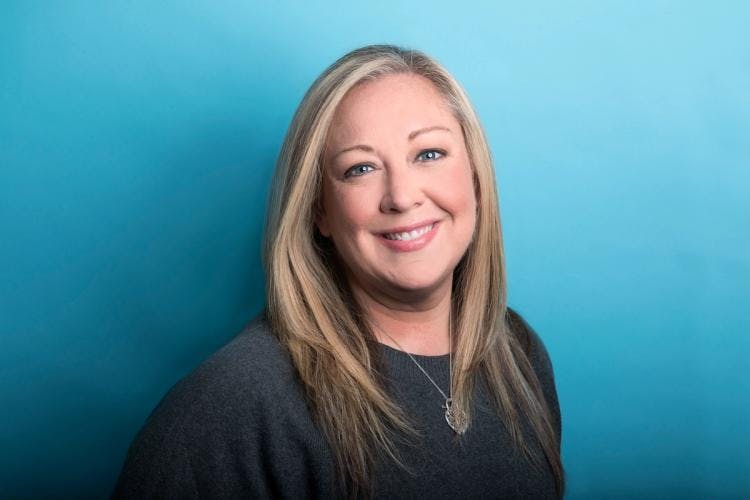





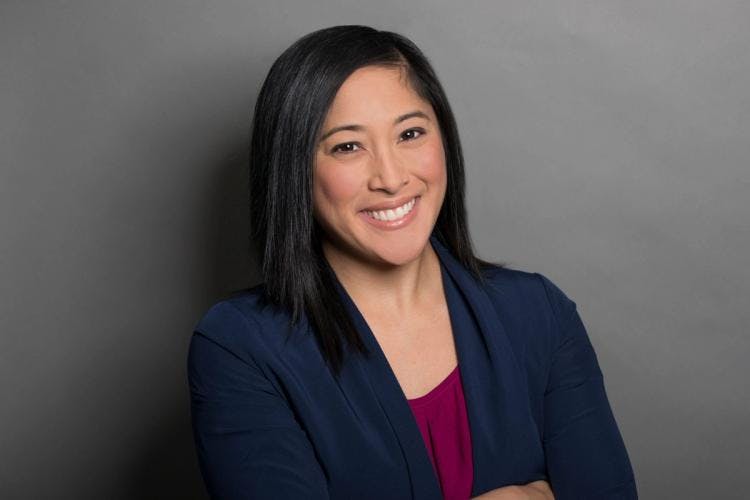








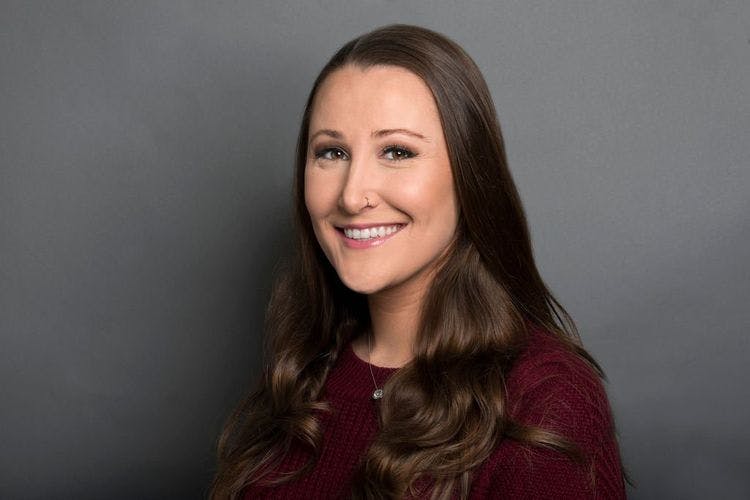
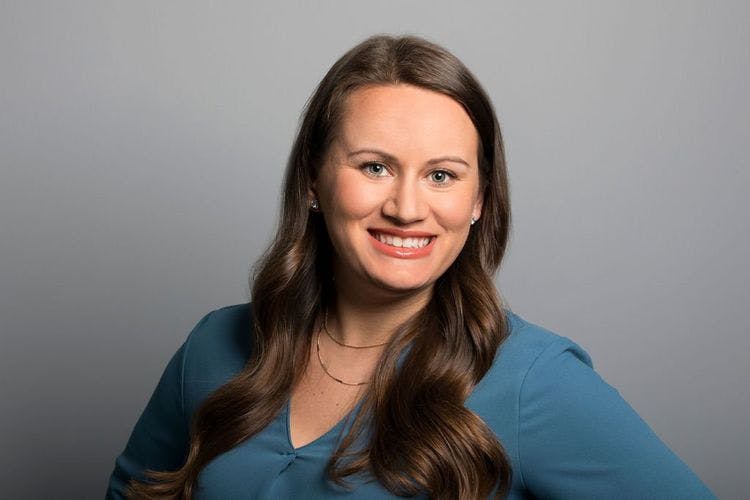




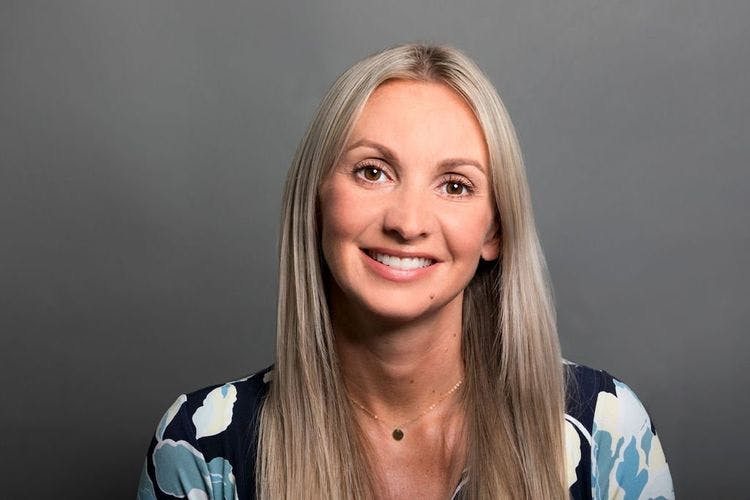
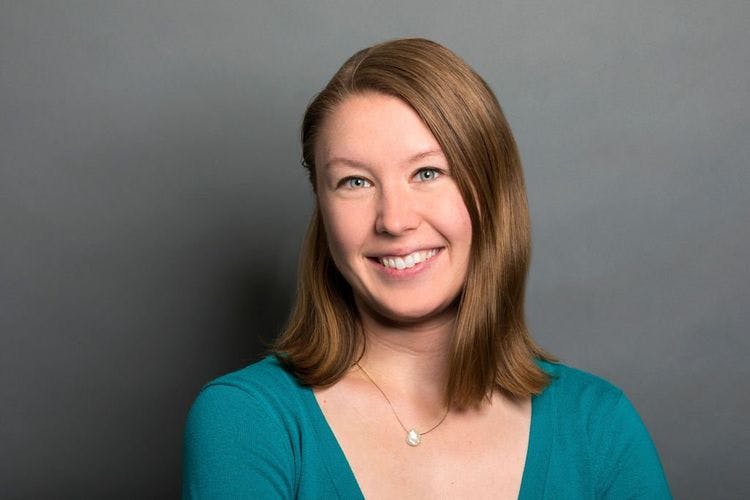




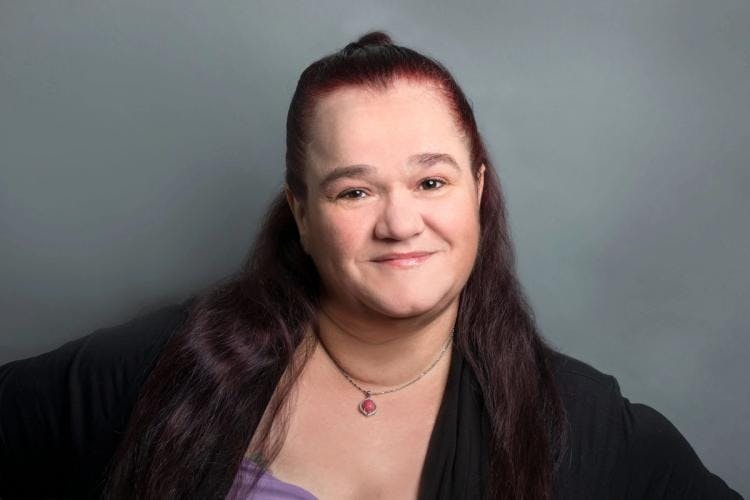


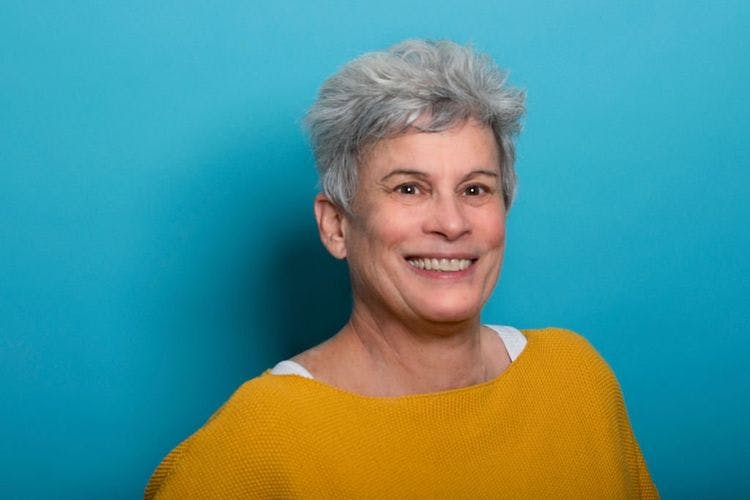















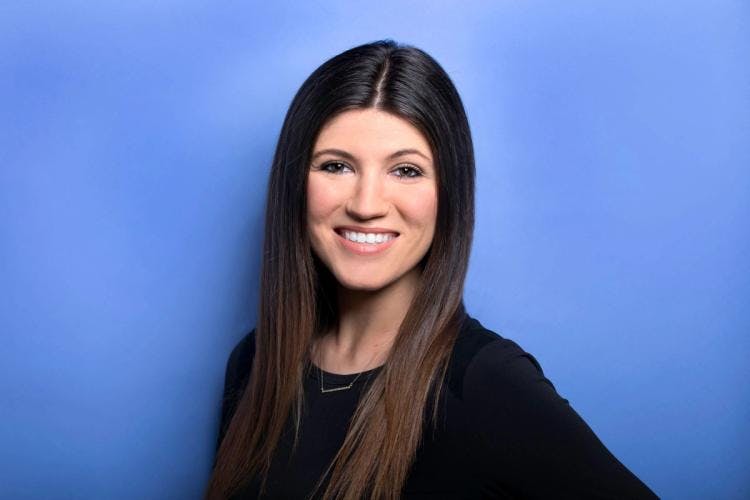






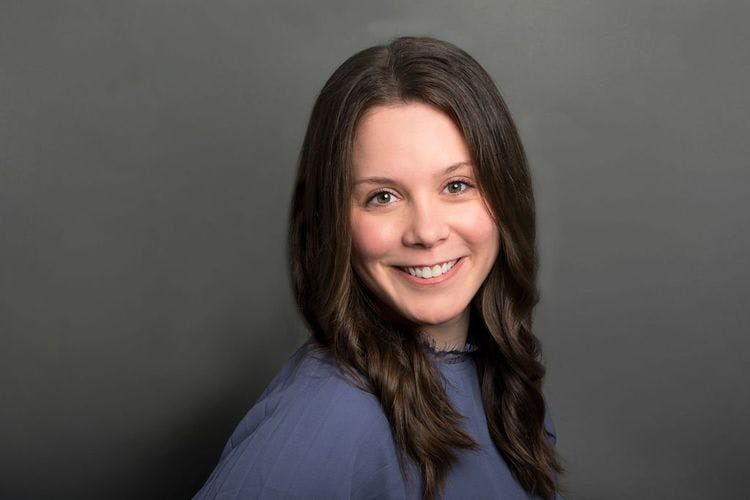



Our Services
Virtual/Online CarePHP and IOPAdult PsychiatryChild & Adolescent PsychiatryAdult TherapyChild & Adolescent TherapyCouples CounselingFamily TherapyGroup TherapyPsychological TestingTranscranial Magnetic Stimulation (TMS)Resources
Refer a PatientCareersClinical Training OpportunitiesOur ProvidersFree Mental Health TestsCommonly Prescribed MedicationsLocationsBlogIn The NewsClarity Through CharityClarity for AllQuick Links
Patient PortalFAQsAccepted InsurancesContact us